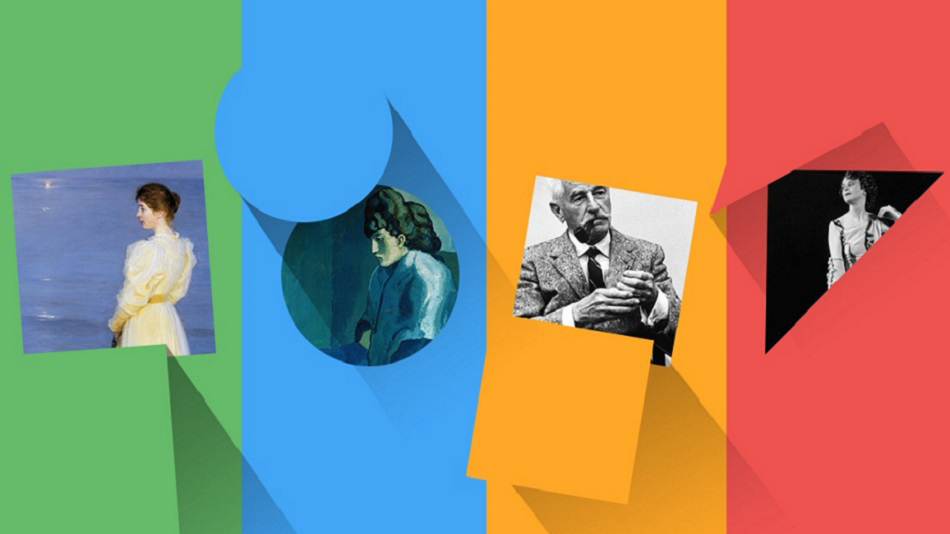Why students of humanities are turning to the Google Arts & Culture app


Immersive learning is fast becoming a chosen mode of learning for students stripped of in-person interaction with peers and teachers.
With its bouquet of options to discover the world via virtual tours and virtual reality (VR) experiences, the Google Arts & Culture app has become a hot spot for students during the pandemic. Students of humanities as well as those interested in art and culture are turning to the app for various aspects of arts, literature and history.
The app began as an art project in 2011 and currently allows users to access more than 2,000 museums and archives. Apart from an immersive desktop website, it is pocket-friendly and is available in both iOS and Android.
Here are 4 reasons why we are loving this app
360-degree virtual tour: Be it art, sculpture, literature, music, science or food, we can explore the world from the comfort of our home. We can take a walk around museums, libraries, old abandoned sites and art galleries. From Alte Nationalgalerie to The Museum of Chinese in America, there is a wide range of options to choose from. The 360-degree virtual tour is best experienced by using a VR headset.
Users can also peruse numerous collections of artworks and literature and can marvel at the special feature which allows one to see digital artwork as life-size paintings through an art projector. The app also provides a simulation of a space shuttle journey in 360-degree VR.
“The biggest benefit of this app is exploring various historical sights during our history classes, especially because we are studying from home. It gives an added audiovisual benefit to the learning experience,” said Chandrama Bose, a first-year undergraduate student of English at The Heritage College.
Learn with games: The app’s Experiment section is a new addition that gives us the opportunity to turn learning into a game. Not only can we wrack our brains over puzzles of artworks, visual and cultural crosswords, we can also turn popular paintings into colouring pages.
“The interesting part of using this app is the instant quizzes. It’s easier to learn about things on the go,” said Esha Burman, a first-year undergraduate student of English at The Heritage College.
Turning yourself into an artwork: Is your portrait on display at a museum? Quite unlikely. The latest feature of this app allows users to find their artistic twin. All you need to do is click a selfie and upload it to the app, and it will find you an artwork that resembles your picture.
Blob Opera: A machine learning experience created by David Li in collaboration with Google Arts & Culture, Blob Opera allows users to record their own opera without any musical skills. With simple pitch adjustments and an exploration of the primary musical instrument, that is the voice, anyone can create their own musical piece.
Aishi Chatterjee is a first-year undergraduate student of English at The Heritage College